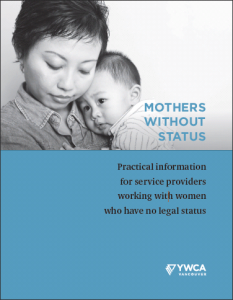New BC Law on Impaired Driving
“What’s the legal limit in BC?”
As of September 20, 2010, there are serious consequences if you’re caught driving with a blood-alcohol content between 0.05 and 0.08. These include steep fines, having your licence suspended, and even losing your car. Administrative sanctions will apply if:
- You are caught driving with a blood-alcohol content between 0.05 and 0.08, or
- You are caught driving with a blood-alcohol content above 0.08, or
- You refuse to provide a breath sample.
For a brief summary of the changes to the law, check out the Drinking and Driving Dial-a-Law factsheet on Clicklaw (scroll towards the bottom).
For more detail see this information on Clicklaw from the Office of the Superintendent of Motor Vehicles.
And for those of you who are looking for even more detail, the amending legislation is the Motor Vehicle Amendment Act 2010, S.B.C. 2010, c. 14. The sections that come into force on September 20, 2010 are sections 2, 3, 6, 7(c), 10 to 12, 14, 15(b) to (e), 19, 24, 25 and 28.
So if you’re planning to have a drink, remember these new rules. Better yet, just call a cab.


